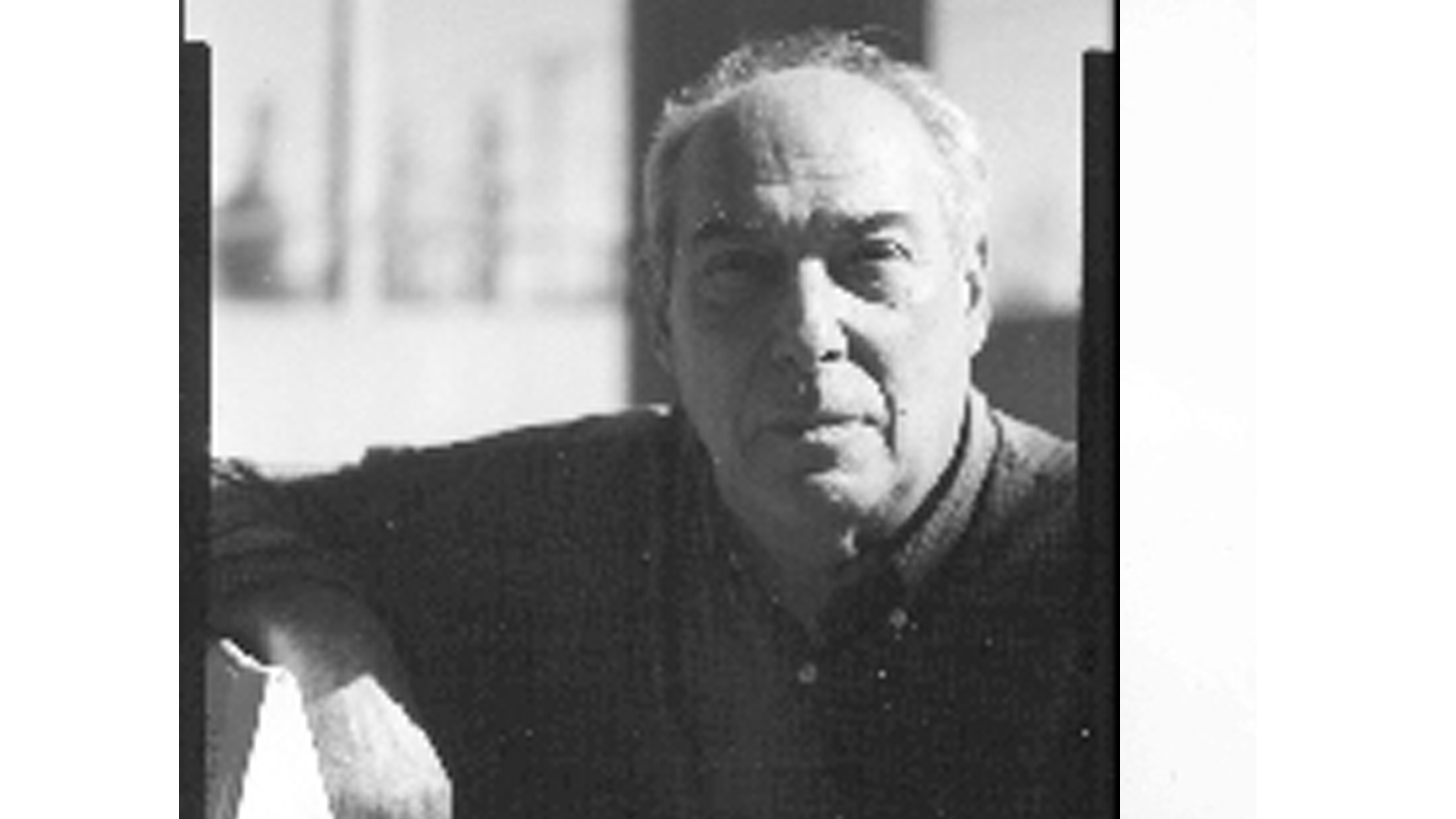In 2005 the college where I teach joined with other local colleges in holding a day-long symposium, with speakers and workshops, on the subject of Learner-Centered Education, as part of the Teaching and Learning Conference the colleges hold each fall. At the time I wrote, but did not send, a letter to the keynote speaker. Last fall the American University of Beirut devoted a panel on Orientation Day to the same topic. It is evident that Learner-Centered Teaching is the latest wisdom of the educational establishment. I have decided, therefore, to publish the letter I wrote in 2005.
Dear Dr.________,
I enjoyed your presentation at the Teaching and Learning Conference last week. I hope in this letter to continue the discussion you began by providing some information about my teaching situation. I do not expect a personal reply as I understand you are very busy, but you may find some of the points I raise worthy of addressing in your next book.
I teach history in the general education department at a state college. The official title of the department is Critical Studies [It has since been changed to Liberal Arts—NI], but a more accurate name might be Compulsory Studies: few students would take my classes if they didn’t have to.
Most of my students hate history, which they identify with the teacher in “Ferris Bueller’s Day Off.” Recently one stayed after class to ask a question about the reading. After we had gone over it, I asked why she had not brought up her question in class. She explained that she did not want to be held responsible for prolonging the class. Students are the only consumers who like to get less than they paid for. The paradox disappears when one realizes that most are in my class not for an education but for a credential.
Most of them know nothing about history. They never studied geography, and consequently their map of the world resembles the well-known New Yorker cover. Many of them don’t know the difference between the Civil War and the Civil Rights Movement, and could not place either within fifty years. I was teaching the American Revolution, and opened a class with “Listen my children and you shall hear…,” and then stopped to ask, What is the verse talking about? A handful of students knew. Then I asked, When did the ride take place, and for what purpose? Not one student knew when, even though I prompted them by reciting the next line in singsong rhythm, with blanks in place of the date. (In Massachusetts children recite that poem in grade school.) A few knew that the purpose was to warn someone that “the British are coming.” Coming where? A handful knew. Why? No one. By calling attention to the battles that took place between the farmers and mechanics of New England and the British authorities before the men in wigs declared independence in Philadelphia, I hoped to teach something about how history is made. (I had assumed, perhaps unjustifiably, that the students knew the date independence was declared.)
In spite of their accumulation of ignorance and resistance—“the things they carried with them”—some of the students enjoy my classes. The problem is, they regard them the way they regard the History Channel: when I am “on” they enjoy it, and may even come away with a vague impression of what was talked about (which they think constitutes knowing). But they accept no responsibility for their own education. The idea that learning is the result of struggle, that education is not something that happens like getting wet from standing in the rain, is foreign to them. (I have to remember to keep inserting the words “some,” or “most,” or “many”; I sometimes forget that it is not all.) Most have never experienced the thrill of working hard to figure something out, and succeeding. One student wrote me that the assigned book was “Greek” to him, and he had quit reading it. It had never occurred to him to learn “Greek.”
I once assigned a class to read Federalist Paper number 10, written by James Madison (whose name is under the title on the handout, along with the date it was written). When I asked who Madison was, the response was silence, until one student ventured that he was one of the Presidents. Good, I said. Was he President when he wrote this? Absolute silence. These are students who write term papers off the internet, but not one thought to google “James Madison.”
Another time I assigned them to read twelve pages of the laws of Virginia between 1642 and 1705 (laws that erected a system of racial slavery where none had existed). I warned them that it was not the easiest reading, but said the laws told a story, and they should read them carefully and see if they could make it out. I gave the expected quiz at the next class; the first question was, What was the date of the first and last laws in the sequence you read? Not one student got the answer (I would have been satisfied with the half-century); about half left the question blank, a few got one or the other, and a few were off by a hundred years—even though the date of each law preceded it in the text, and even though they gave evidence in their answers to the other questions of having read the handout.
One student wrote a note on her quiz saying she had read the material and couldn’t answer the questions, and asked me to provide a list of things I wanted the students to know. I replied that I wanted them to “know” how to read a selection and extract from it what was important.
(I teach three sections of the same course; the second section does better on the quizzes than the first, and the third better than the second; you can guess why. A colleague who gives quizzes with multiple-choice questions reports that the students don’t bother to pass on the answers from one section to the next, simply the right letters; he now reorders the answers to foil the cheaters. The students do not lack for intelligence, and like the battle between the hackers and the virus-hunters, it is only a matter of time before they catch on and modify their behavior—to anything except studying and learning the material.)
CAN YOU TELL ME HOW LEARNER-CENTERED TEACHING ADDRESSES THE SITUATION I DESCRIBE?
The problems we face are larger than can be dealt with in the classroom. They originate in the society outside the school and can only be dealt with there. Three-fourths of all high-school graduates now attend college, up from about three percent before World War II—without any corresponding rise in the general level of culture. (In fact, there has been a general decline in the cultural level, as seen in any comparison of grade-school curricula and exams past and present.) I know that in the past the stupid children of the privileged classes took up far too many seats in college while many a deserving child of poverty was excluded. I do not propose a return to the old way, but we may have to admit that teaching at the college level today (except, perhaps, for the Ivies, U. of Chicago, Swarthmore and Stanford) is an impossible task, and that no amount of pedagogical wizardry can prevail against the pressure to “retain” students in the face of the organized, systematic dumbing down of the average American—the population that makes up the constituency of the college where I teach.
In spite of my dismal outlook, I persist. Due no doubt to a character flaw I, like scores of thousands of teachers around the country, continue beating my wings against the windowpane, as if somehow I might get through. Here are a few things I have done in my classes:
1. I announce and enforce attendance and lateness policies. Anticipating your admonition that what we do teaches more than what we say, I lock the door at the start of class and do not admit latecomers until mid-class break, and charge latecomers with half an absence. I take a full grade off for every day a paper is late, and for any paper not proofread. I make no exceptions.
2. I give a quiz on the syllabus at the second class meeting. It is an “open book” quiz, with multiple-choice questions. Normally somewhere around half of those taking the quiz cannot provide the right answer to questions about the syllabus even with it open in front of them. To pass requires getting all the answers. I announce that only those who pass can take the class (that is a bluff; I am not permitted to exclude students), but that they may take it as often as necessary. Students rarely require more than three tries to pass.
3. Instead of a textbook, with its neat divisions into sections and boldface “points of emphasis” in the margins (which short-circuit the learning process and do for students what they need to learn to do for themselves), I use a book written for the general serious reader—and give quizzes to make sure they read it. The book is difficult, and sometimes I try to engage the students in a discussion of what the writers were trying to do and help them construct an outline of what they read. One chapter recounts an event through the lives of two lovers who were at the center of it; I point out its potential as the basis for a historical novel, an opera, or a sequence of paintings. In one case the authors assign an unusual caption to a familiar engraving of a historical event; I call it to the students’ attention, and ask them to discuss how the caption reveals the authors’ distinctive point of view.
4. I gave a quiz in which the sole question was: List three provisions of the Constitution that directly address the problem of slavery. The quiz was based on five pages from the Constitution assigned for the week. One student got all three right, two others got one or two, and the remaining sixty students in three sections scored zeros. I then gave the same quiz in class, this time allowing the students to keep the assigned pages open. This time, they did creditably: after twenty minutes most got all three, and all but one student got at least one or two. (The one exception was stoned.) I used the experience to point out the difference between studying, which is what they did in class, and whatever it is they do at home when they think they are studying.
5. I try to come up with exercises that challenge students to think. For example, I distribute beforehand a chronology of events surrounding the Salem witch trials along with maps and charts that suggest a correlation between social standing and the accused and accusers. I break the students up into small groups (at another school I might simply distribute the materials and assign a paper based on them) to discuss the materials and see if they can come up with a rational explanation for the events. Part of their job is to list things they do not know which, if they knew them, might help them make sense of it all. My aim is to teach them to think as historians do.
6. I assign several short papers asking the students to reflect closely on the effects of past events on the present, drawing on the assigned reading.
7. I assign a final paper on a topic of the individual student’s choice, insisting that it not be a summary of information gleaned from a book but an attempt to address a historical question using information that serves the student’s argument. I require students to submit a working title, topic sentence, outline (or list of points), and at least one non-internet source, and meet with me before proceeding. Students commonly complain that they cannot find a topic. Over the semester I talk from time to time about what constitutes a historical question, citing examples from the reading and my lectures (yes, I lecture), but I refuse to choose topics for them.
8. Instead of a final exam, I ask students to list and identify twenty-five terms (names, dates, etc.) they think are important that were in the class, and to write outlines for essays on three issues, as if they were preparing for an exam. I devote the final class session to going over their reviews, leaving them (I hope) with the view that if they have taken away from the course a score of terms worth remembering, and managed to think coherently about three problems posed by the course, then they haven’t wasted their time. I also grade them.
9. I give failing grades when I deem it necessary. Counting students who are frightened away on the first day, students who drop the class in the first weeks with no penalty, students who withdraw later, losing their tuition costs and getting a “w” on their transcript (in our college students may withdraw up to three weeks before the end of the semester), and students who get a failing grade on their transcript, about one-fourth of the students who start out do not finish.
I have no way of knowing how many of my students I reach in some meaningful way. I console myself by remembering the Irish monks in the sixth century who sought to preserve the record of civilization in anticipation of a future time when the waves of barbarism shall have passed.
Sincerely,
Send comments to [email protected]. Indicate if they are intended for publication.



